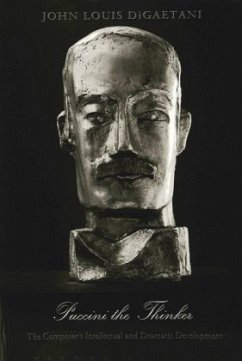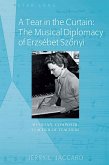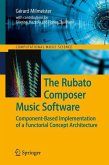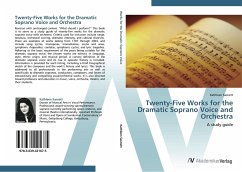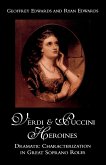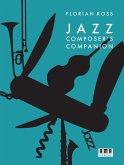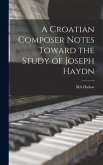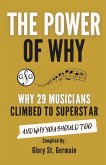'Puccini the Thinker' traces Puccini's development as an opera composer and thinker. The subject is the composer's ideas as they appear in his operas. The book, written for the operagoer and the admirer of Puccini's operas in addition to the musicologist, has chapters on all of Puccini's operas and divides them into three general categories: myth and vision; God, religion, and the Roman Catholic Church; and economics, politics, and society. Within these three subdivisions, this study explores the growth of Puccini's thought and dramatic skill.
In this book John DiGaetani analyzes the operas as artistic reflections of Puccini's intellectual and dramatic development. The book includes translations of many of the composer's own verses, the first translations into English for most of these poems.
In this book John DiGaetani analyzes the operas as artistic reflections of Puccini's intellectual and dramatic development. The book includes translations of many of the composer's own verses, the first translations into English for most of these poems.
"DiGaetani gives the Puccini fan food for thought and often throws some welcome light on both the dramatic and musical aspects of the work - invaluable for the operagoer who is willing to take time to prepare before attending a performance." (Opera Canada)
"The reading of this small but intensely thought volume is highly gratifying. Puccini appears in a new light, and his operas, including those that are seldom performed, are propelled into a vivid rebirth." (Adriano Moz, Italian Quarterly)
"The reading of this small but intensely thought volume is highly gratifying. Puccini appears in a new light, and his operas, including those that are seldom performed, are propelled into a vivid rebirth." (Adriano Moz, Italian Quarterly)

